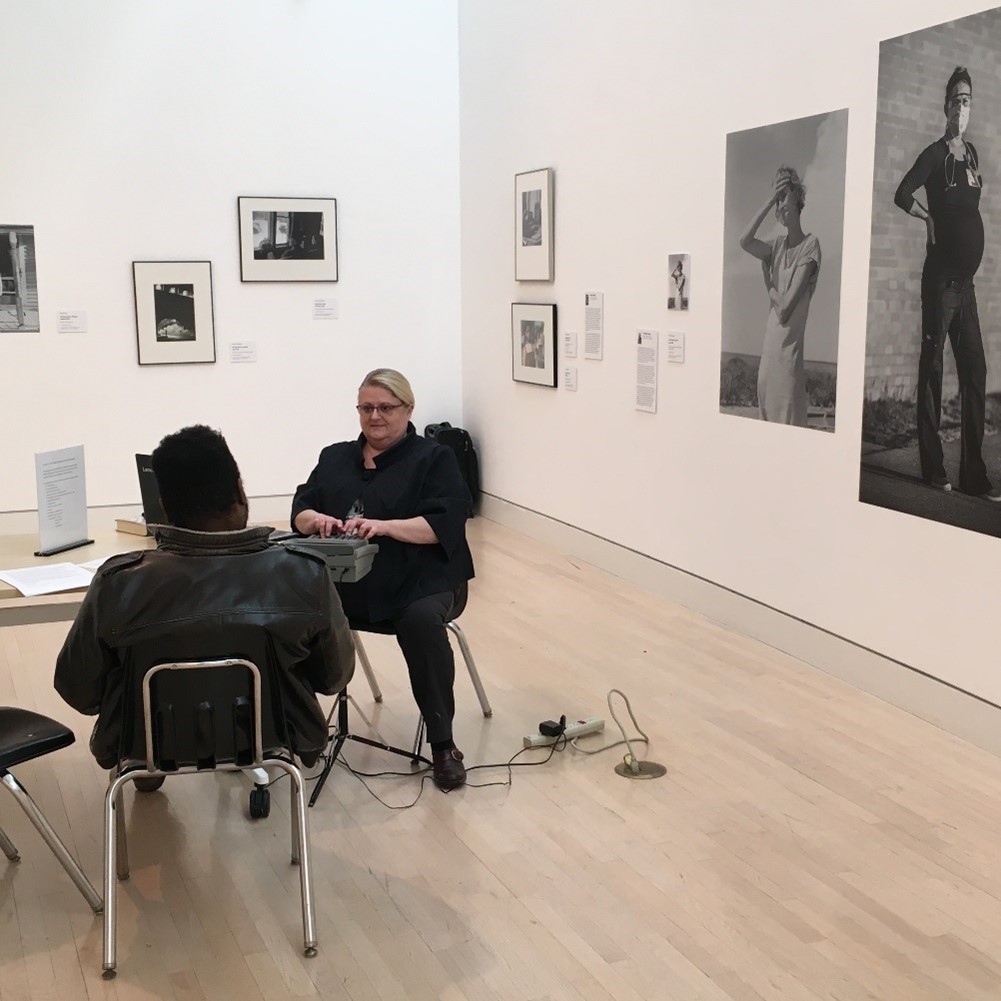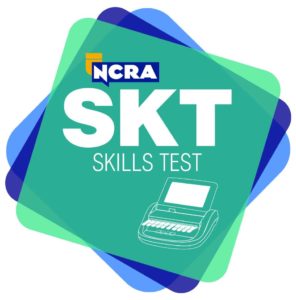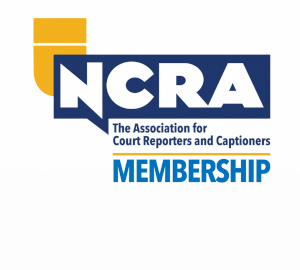Amy Korpieski, a museum educator at the Springfield Museum of Art in Springfield, Ohio, calls the only visual art museum, Smithsonian Institute Affiliate in the state a gem in a small southwest city in Ohio. Recently the site was the host of an oral history event that captured the stories of community members and their resiliency to support its current gallery exhibit, Chronicles: The Great Depression and the Pandemic.
Working with representatives from the local heritage center and Wittenberg University, also located in Springfield, as well as NCRA member Janie Blair, RPR, CRR, owner of Blair Reporting Services in Miamisburg, Ohio, the oral history project came to fruition and featured NCRA member Caryl Blevins, RPR, CRR, from Dayton, Ohio, an official court reporter for the U.S. District Court for the Southern District of Ohio, as one of the participants. Local court reporter Jeanine Fansler also joined Blevins.
“It has been delightful to connect with Janie Blair, who helped us understand modern court reporting,” Korpieski said. “She also provided realistic budget information for inclusion in our proposal to the Ohio Humanities for outreach with the exhibition which resulted in partial financial support from the National Endowment for the Humanities,” she added.
“The two court reporters taught us that they are called on for court and also for recording oral histories, especially with retired military personnel. Both reporters were wonderful with the public. Obviously, they are great listeners, but in this case they also were great at prompting stories by using a set of questions we provided,” Korpieski noted.
Blevins, who has volunteered in the past with oral histories programs for the Dayton Bar Association and the Library of Congress Veterans History Project, said she really enjoyed participating in the museum’s event and that it was interesting to hear different people’s perspectives on the same experience everyone went through during the pandemic.
She said that while most people who attended the event were shy to share their stories on the first day, after a little encouragement from museum staff, she was able to write the interviews of five attendees about their pandemic experiences on the following day.
“The youngest was still in high school. The oldest was a retired registered nurse who has a second career as a massage therapist. One of them was an artist who shows pieces at the Springfield Museum of Art, and one of them was a professor at Wittenberg University,” Blevins said.
“They all had different experiences, of course, but all of them had taken the vaccine and had worn the masks when they went out. And I guess the overall theme running through the interviews was discomfort at the conflict that arose and loneliness and a feeling of isolation that people are still trying to overcome.”
Korpieski said she too was surprised that most people attending the event felt too shy to share their stories. “Many people remarked that the pandemic is a divisive topic, and they didn’t want to go ‘on record’ with their stories,” she said. “Ironically, they talked freely in the gallery among the photographs and with staff,” she noted.
Despite a turnout lower than expected and the capturing of fewer stories than anticipated, Korpieski said the museum found success in the overall event and said they assert that “art belongs to all people and the oral history weekend gave the community the knowledge that art is part of a healing process and that galleries are a space where community voice is valued and welcomed.
“I would advise any reporter who has a chance to participate in projects like the Veterans History Project, the Dayton Bar Association Oral History Project, or the Springfield Museum of Art Oral History Project to jump at the chance,” said Blevins, who has been a court reporter since 1983. “I learned things from each experience, especially the ones recounting times from before I was born. And sadly, once these veterans and retired attorneys and judges and elderly folks in our communities are gone, those stories, if they’re not recorded by people like us, are lost forever, and that would be a shame,” she added.
The Springfield Museum of Art exhibition runs through March 30. For more information, visit the museum website. The stories collected will be housed in the archives of the Clark County Historical Society at the Heritage Center.
To learn more about the Library of Congress Veterans History Project, contact Jill Parker Landsman, NCRF Development Relations Manager, at jlandsman@ncra.org.



